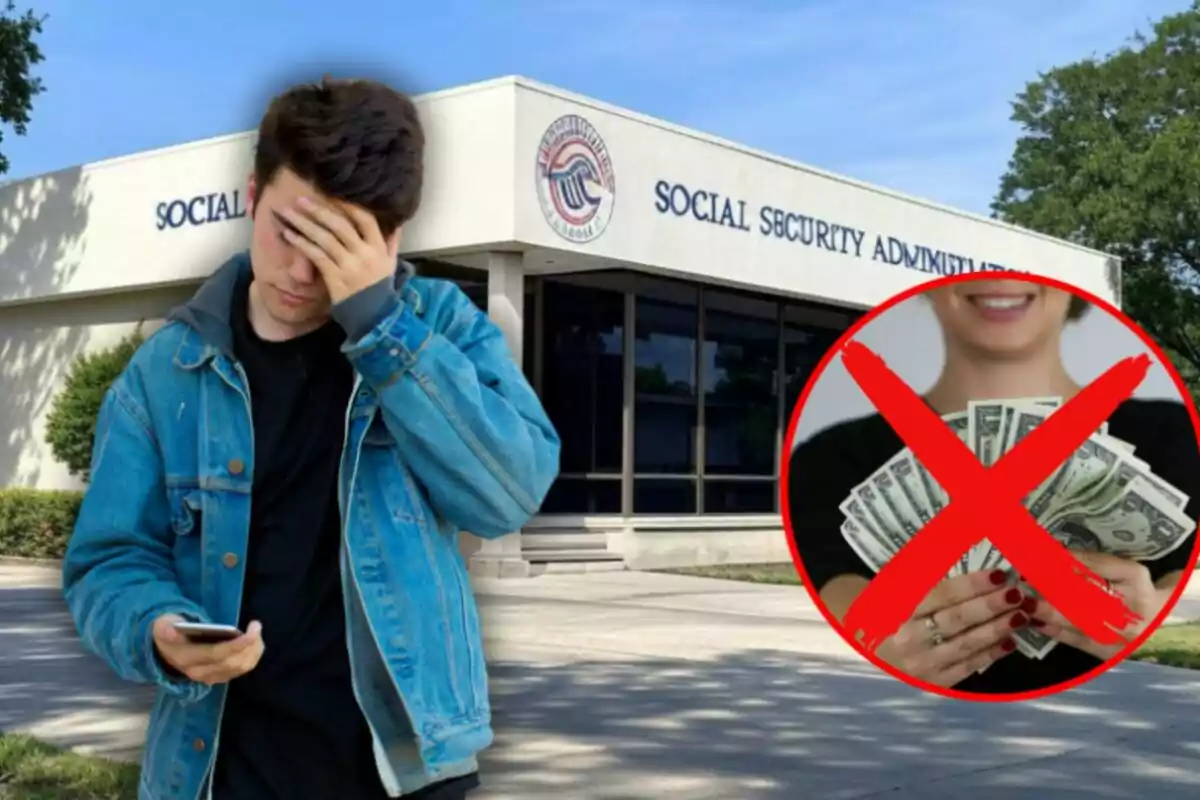A few days ago, the United States Congress approved the so-called "One Big Beautiful Bill." This law includes drastic cuts to SNAP. The figures are alarming: up to $186 billion will be cut from the SNAP program over the next decade, which will directly affect millions of people.
For many families in California, especially Latino families, this represents a major concern, according to SSA. The state is home to about 5.5 million CalFresh beneficiaries, of whom around 55% are Latino, meaning more than 3 million people.
Maximum alert in California after SNAP cuts are confirmed
It is estimated that 48% of low-income Latino adults experience food insecurity. Therefore, these cuts will hit first and hardest in communities that depend on these vital benefits.

The impact in California will be enormous. Many working families who already live on the economic edge use CalFresh to buy basic food. In addition, more than 3 million people combine these benefits with Medi-Cal (Medicaid in the state), including nearly 1.8 million Latinos. Therefore, the cuts not only reduce food assistance, but also affect access to safe medical care.
The new law imposes stricter requirements
In agricultural communities in the Central Valley or Imperial County, where up to 90% of CalFresh beneficiaries are Latino, these families face the risk of regularly running out of food. With these cuts, many people will have to choose between eating, paying rent, or buying medicine.
In addition to reducing funds, the new law imposes stricter requirements, according to SSA. The rule of working 80 hours per month for adults without dependents is expanded, and the bureaucracy to keep eligibility is tightened. This means that many people will lose benefits not because they stop being eligible, but because they do not complete complex procedures.

A study by the UCLA Latino Policy and Politics Institute warns that these cuts represent a massive challenge to the social support system in California. The authors highlight that this assistance is key to keeping people healthy, reducing poverty, and strengthening working Latino families.
What is the solution to the problem?
The federal government states that these cuts are necessary to reduce spending and ensure the sustainability of the programs. Meanwhile, in California, Governor Newsom has strongly criticized the law. He has stated that it is a cruel measure, that it crosses the limits of federal power, and puts the well-being of millions at risk.
At the same time, some community advocates are asking the state to allocate additional funds to cushion the impact. They suggest simplifying CalFresh procedures, increasing outreach in Latino communities, and strengthening local aid programs. They also call for the repeal of administrative measures that discourage participation, especially among immigrants and mixed-status families.

